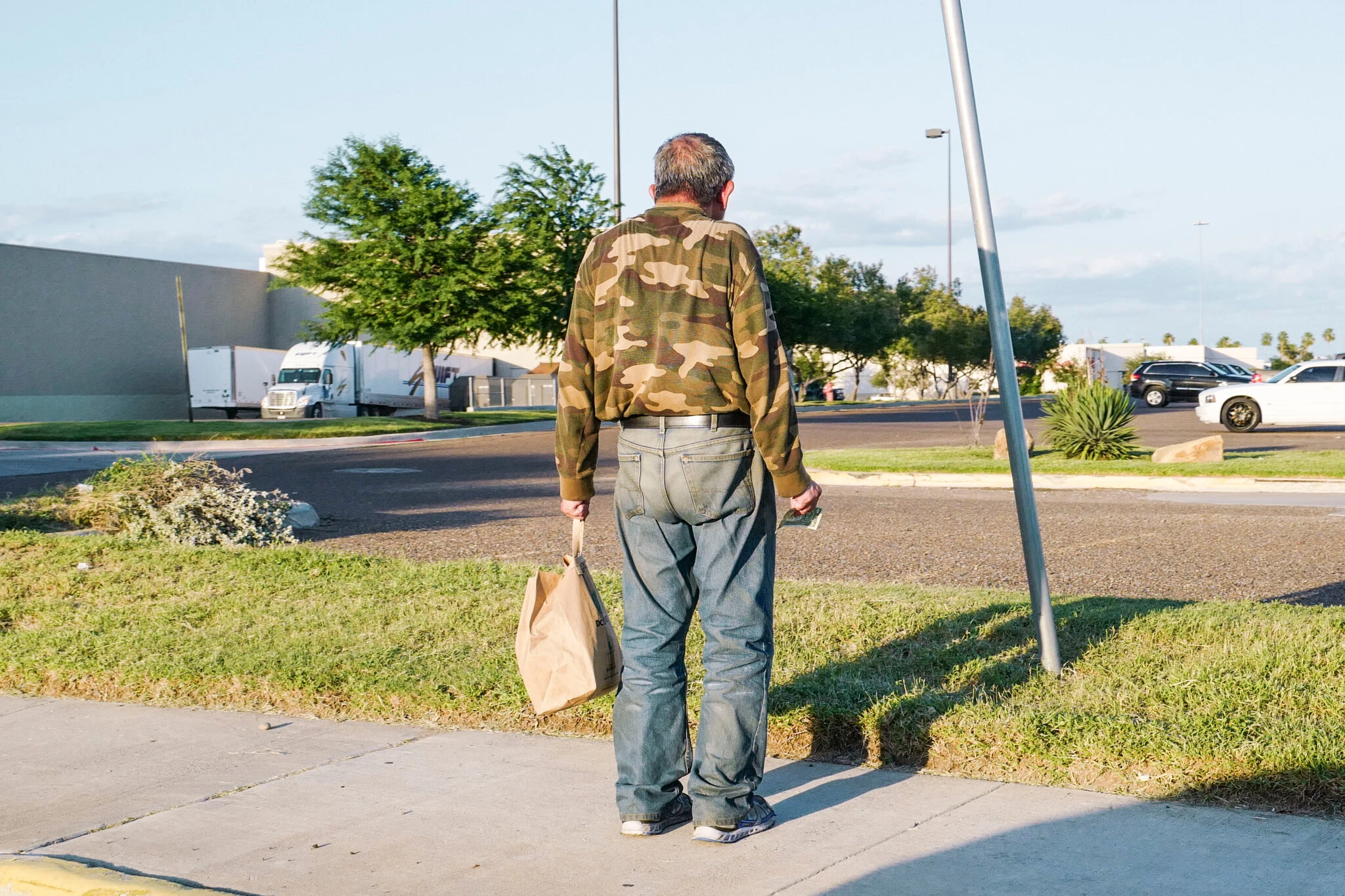Opinion Columnist
June 13, 2021
photo above: Peter van Agtmael/Magnum Photos
WN: In Mark 14:1-11, there is a story of an unnamed woman who
came with an alabaster jar of very expensive perfume, made of pure nard. She broke the jar and poured the perfume on his head.
The story continues:
4 Some of those present were saying indignantly to one another, “Why this waste of perfume? 5 It could have been sold for more than a year’s wages[a] and the money given to the poor.” And they rebuked her harshly.
6 “Leave her alone,” said Jesus. “Why are you bothering her? She has done a beautiful thing to me. 7 The poor you will always have with you,[b] and you can help them any time you want. But you will not always have me.8 She did what she could. She poured perfume on my body beforehand to prepare for my burial. 9 Truly I tell you, wherever the gospel is preached throughout the world, what she has done will also be told, in memory of her.”
This is not a cynical commentary about the ubiquity of poverty, and therefore why bother helping the poor? For Jesus, albeit not centrally to the encounter, says
. . . you can help [the poor] any time you want.
In Matthew 25 Jesus equates ministering to the poor (“the least of these“) to ministering to him–thus finding favour with the Son of Man in the Age to Come.
But poverty is a universal evil, unless freely chosen as a spiritual practice.
There is much wisdom in the following highlighted article. May we all in our life response one day hear Jesus’ words said to us:
‘Truly I tell you, whatever you did for one of the least of these brothers and sisters of mine, you did for me.’
Please see as well John Buell‘s Generous Unemployment Benefits Are Not the Problem—Poverty Wages are.
excerpts:
The American economy runs on poverty, or at least the constant threat of it. Americans like their goods cheap and their services plentiful and the two of them, together, require a sprawling labor force willing to work tough jobs at crummy wages. On the right, the barest glimmer of worker power is treated as a policy emergency, and the whip of poverty, not the lure of higher wages, is the appropriate response.
Reports that low-wage employers were having trouble filling open jobs sent Republican policymakers into a tizzy and led at least 25 Republican governors — and one Democratic governor — to announce plans to cut off expanded unemployment benefits early. Chipotle said that it would increase prices by about 4 percent to cover the cost of higher wages, prompting the National Republican Congressional Committee to issue a blistering response: “Democrats’ socialist stimulus bill caused a labor shortage, and now burrito lovers everywhere are footing the bill.” The Trumpist outlet The Federalist complained, “Restaurants have had to bribe current and prospective workers with fatter paychecks to lure them off their backsides and back to work.”
But it’s not just the right. The financial press, the cable news squawkers and even many on the center-left greet news of labor shortages and price increases with an alarm they rarely bring to the ongoing agonies of poverty or low-wage toil.
…
. . . I was sent “A Guaranteed Income for the 21st Century,” a plan that seeks to make poverty a thing of the past. The proposal, developed by Naomi Zewde, Kyle Strickland, Kelly Capatosto, Ari Glogower and Darrick Hamilton for The New School’s Institute on Race and Political Economy, would guarantee a $12,500 annual income for every adult and a $4,500 allowance for every child. It’s what wonks call a “negative income tax” plan — unlike a universal basic income, it phases out as households rise into the middle class.
“With poverty, to address it, you just eliminate it,” Hamilton told me. “You give people enough resources so they’re not poor.” Simple, but not cheap. The team estimates that its proposal would cost $876 billion annually. To give a sense of scale, total federal spending in 2019 was about $4.4 trillion, with $1 trillion of that financing Social Security payments and another $1.1 trillion supporting Medicaid, Medicare, the Affordable Care Act and the Children’s Health Insurance Program.
…
I suspect the real political problem for a guaranteed income isn’t the costs, but the benefits. A policy like this would give workers the power to make real choices. They could say no to a job they didn’t want, or quit one that exploited them. They could, and would, demand better wages, or take time off to attend school or simply to rest. When we spoke, Hamilton tried to sell it to me as a truer form of capitalism. “People can’t reap the returns of their effort without some baseline level of resources,” he said. “If you lack basic necessities with regards to economic well-being, you have no agency. You’re dictated to by others or live in a miserable state.”
But those in the economy with the power to do the dictating profit from the desperation of low-wage workers. One man’s misery is another man’s quick and affordable at-home lunch delivery. “It is a fact that when we pay workers less and don’t have social insurance programs that, say, cover Uber and Lyft drivers, we are able to consume goods and services at lower prices,” Hilary Hoynes, an economist at the University of California at Berkeley, where she also co-directs the Opportunity Lab, told me.
Please click on: The Rich Want The Poor Poor


